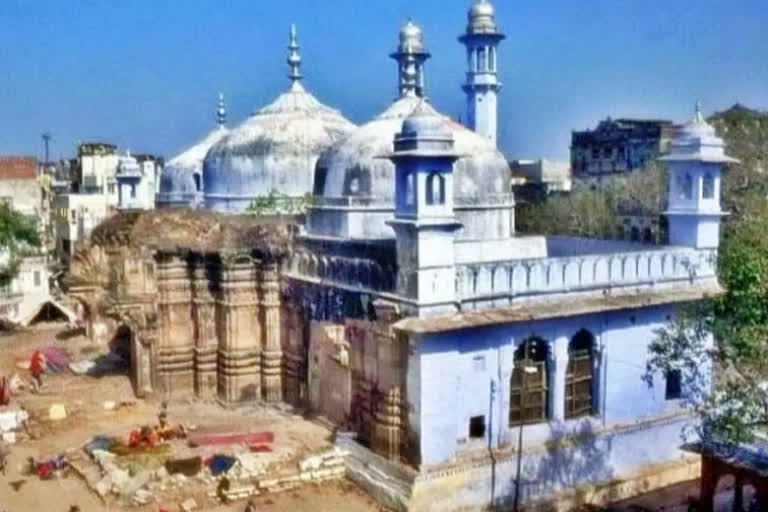New Delhi: Fresh litigations to claim ownership and prayer rights at historical sites of Gyanvapi masjid at Varanasi and of Shri Krishna Janmabhoomi-Shahi Idgah Masjid in Mathura by Hindu parties have brought into the limelight the 1991 law which was framed to put a closure on all such disputes over religious places by maintaining the position as existed on August 15, 1947.
The Places of Worship Act is an Act to prohibit conversion of any place of worship and to provide for the maintenance of the religious character of any place of worship as it existed on the 15th day of August 1947, and for matters connected therewith or incidental thereto.
While locking the position over ownership of religious places and the disputes as existed on August 15, 1947, the law, made during Prime Minister P V Narasimha Rao-led Congress government, had created the sole exception for the decades-old Ramjanambhoomi-Babri masjid dispute which was finally decided in 2019 by a five-judge constitution which cleared the way for the construction of a Ram temple at the disputed site and had directed the Centre to allot a five-acre plot for building a mosque.
The law and its provisions are being referred to in judicial proceedings by the Committee of Management Anjuman Intezamia Masjid, which manages Gyanvapi mosque in Varanasi, and other Muslim litigants to thwart adverse orders which may change the present characters of the religious places under dispute.
Watch:Old Video of alleged shivling found in Gyanvapi campus goes viral
They have been referring to the Places of Worship (Special Provisions) Act, 1991 and its Section 4 which bars filing of any suit or initiating any other legal proceeding for a conversion of the religious character of any place of worship, as existing on August 15, 1947.
The constitutional validity of the Act and its provisions are under challenge before the apex court which had issued notices to the Centre and others after taking note of petitions filed by BJP leaders Subramanian Swamy and Ashwini Upadhyay. The first plea was filed by Lucknow-based Vishwa Bhadra Pujari Purohit Mahasangh through advocate Vishnu Shankar Jain alleging that the law was unconstitutional and posed illegal hindrances in the path of legally reclaiming disputed religious sites like Mathura and Kashi.
